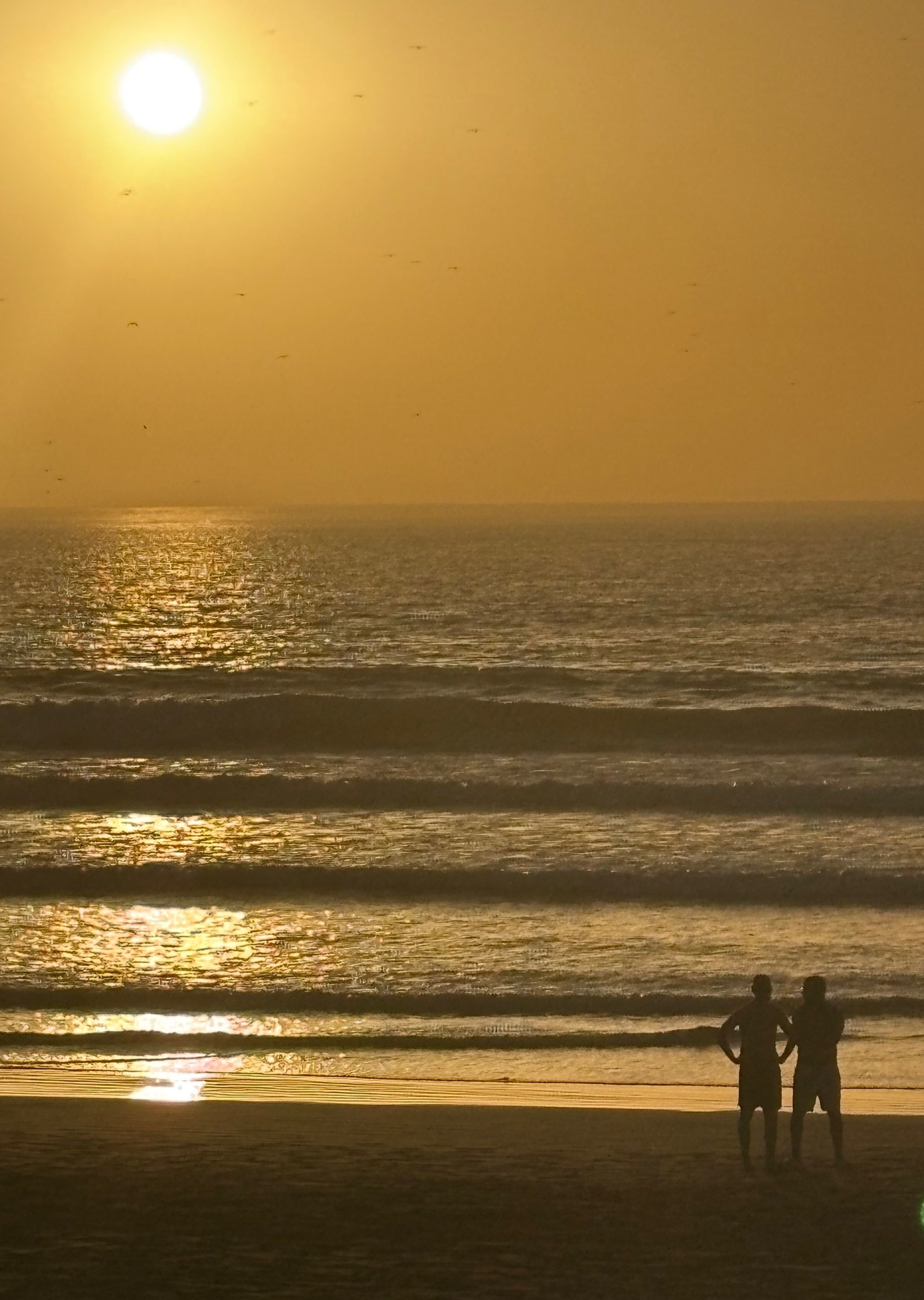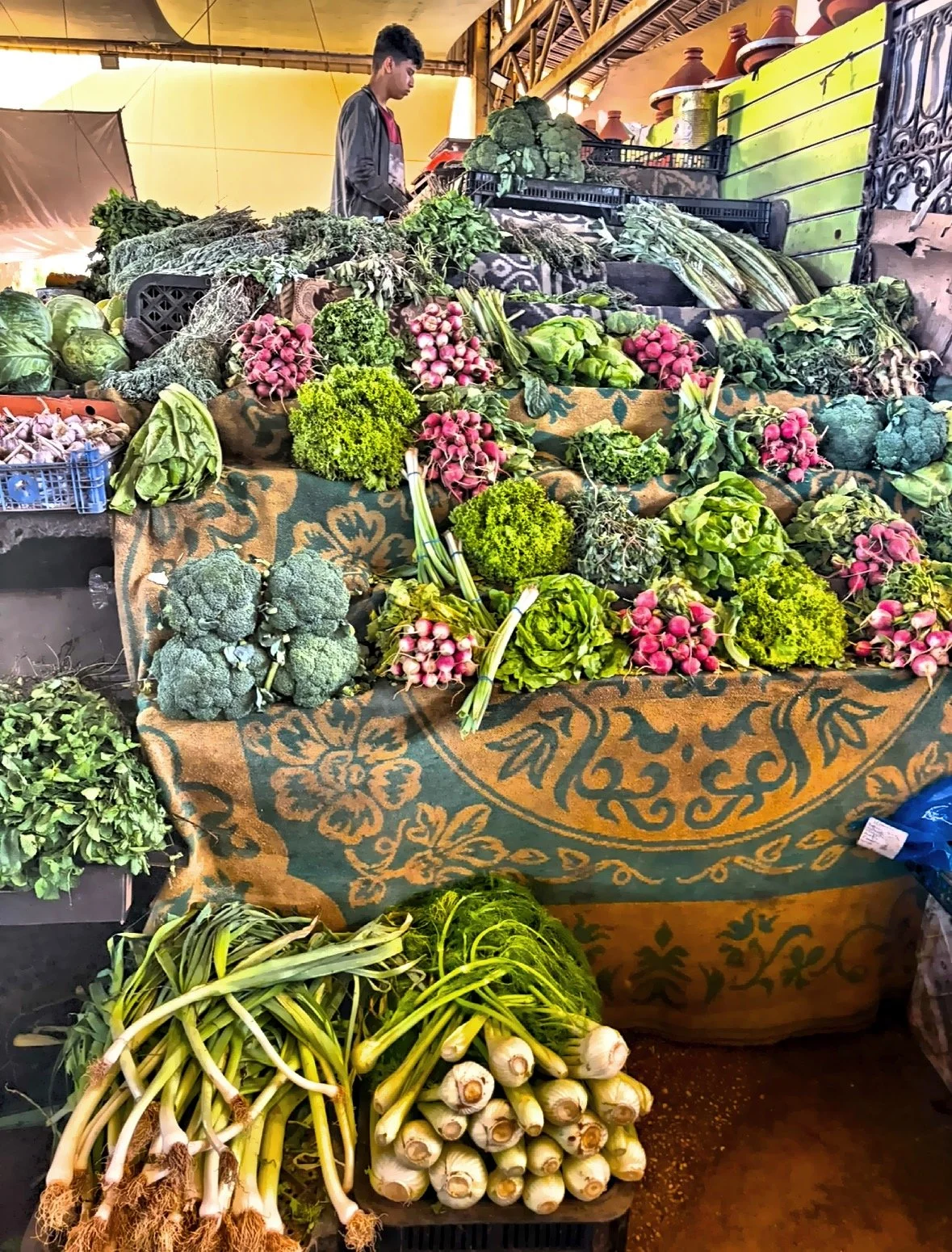Morocco’s European-style Beach Resort - Agadir
The transformation of Agadir from a walled fortress town established by the Portuguese into a modern coastal resort is remarkable, especially considering the devastating earthquake of 1960. King Mohamed V's vision to recreate Agadir as a European-style vacation destination has indeed shaped its current identity, making it a popular spot for both tourists and locals seeking its picturesque beaches and favorable climate.
Souk El Had stands out as a cultural and commercial hub, attracting visitors eager to experience local markets and traditional Moroccan crafts. Additionally, Agadir's role as an important fishing port underscores its economic significance, particularly in the sardine industry, which is a vital component of Morocco's economy.
Overall, Agadir offers a unique blend of history, culture, and modern tourism, making it a fascinating city to visit and explore.
This is what caught my eye; I hope you enjoy!
Do you like the images posted?
Click here to explore the shop.
What you should know:
Morocco currency is the Moroccan Dirham.
Tipping is not generally expected, but feel free to leave extra when you receive exceptional service.
You will need a valid passport and a travel power adapter if you are from the United States.
The official language of Morocco are Arabic and Berber, but some people speak partial English.
There are hiking and nature trails nearby.
There is a Moroccan tradition of drinking mint tea, often served in pretty glasses.
There are quite a few restaurants.
Restrooms are available in some shops and restaurants.
Morocco is a budget-friendly destination.
Many public bathrooms in Morocco will ask for a few dirhams to use it.
You could spend anywhere from a couple of hours to a couple days exploring here.
Throughout Morocco, bargaining is a common practice. Always bargain for the best price.
Alcohol, wine and beer are not served in all restaurants or hotels.
The primary languages spoken in Agadir are Berber, Arabic, and French, with English also widely spoken.
The Islamic call to daily prayers can be heard five times a day delivered from a minaret and can be heard across neighborhoods as a reminder. The Moroccan authorities generally do not enforce the act of praying, it is left to the individuals showing the balance between cultural and religious traditions and personal freedom.
Crossing a street can be very challenging in all of Morocco.
For more information: Agadir
If you enjoyed this post, feel free to check out my previous posts by clicking here.


































